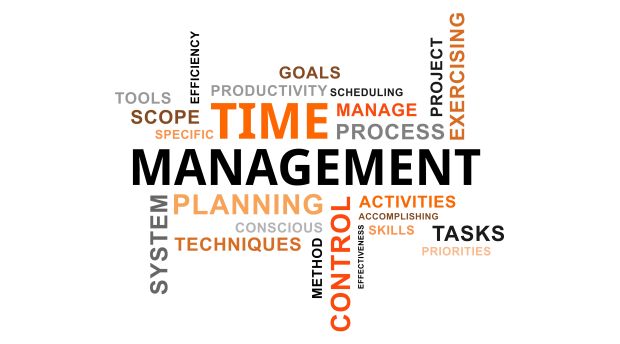How to Stop Procrastinating
Post Views 12One piece of advice for those prone to procrastination is to complete the most important things first. Many people find that, before they know it, they have occupied half their day on unimportant work, and don’t have enough time to get started on larger projects.
Therefore, some of us may be procrastinators without really realizing it. We may think that procrastination means laziness – and we can’t be guilty because we are working hard. However, if we’re spending our time on the wrong tasks, we can be very busy and still not advance in our careers.
When I think about this important point, a demonstration which is often given in time management seminars comes to mind. The speaker begins by placing large stones in a container. He or she then puts a series of smaller and smaller stones in the container. Finally, the remainder of the space is filled by sand.
A question is then posed of the audience. What does this mean? Certainly someone will say it means that no matter how busy your schedule looks, you can always fit more in. However, that is not the point of the exercise. The lesson is this – you had better put the big (important) things in your schedule first. If you fill your day with lesser important tasks first, you won’t have room for the big things.
Therefore, in order to avoid being seen as someone who procrastinates, we must become skillful in identifying what is important and prioritizing our time accordingly. It may be helpful to create a number system to assist in ranking the importance of your work duties.
For example, you might want to create a number scale of task importance for yourself. A number “1” would be something that must be done and done well, something that is a big part of being successful in your job. A “3” would be work that is necessary, but the organization’s future doesn’t depend on it. Finally, a “5” would be work that nobody really cares when or how it is done.
You might find it advantageous to take this system one step further. Whereas it’s crucial to identify which tasks are important, you must also assess the amount of time that each task will take when planning your workweek. A ranking system of one to three stars, with three stars being the greatest time investment necessary, should be sufficient.
Now, stop and take a look at the unfinished work that needs to be done at the beginning of the week. Rank each project or task according to importance and time investment needed. Then begin planning your workweek by scheduling time for the tasks that rate a “1” in importance, and which have the most number of stars (greatest time investment required).
Continue to work your way through the list, taking each number in sequence and scheduling the task with the most stars first. This should help you to erase any possibility of being an unintentional procrastinator!
How to Stop Procrastinating by Granted Contributor



 Increase This Trait to Be a Better Leader
Increase This Trait to Be a Better Leader  Drug Testing at Work
Drug Testing at Work  Getting a Raise at Work Can Be Dangerous
Getting a Raise at Work Can Be Dangerous  How to Get the Raise You Deserve – Top 12 Tips for Getting a Raise
How to Get the Raise You Deserve – Top 12 Tips for Getting a Raise  10 Tips to Negotiate a Higher Salary
10 Tips to Negotiate a Higher Salary  How to Learn from a Performance Review
How to Learn from a Performance Review  Top 10 Classic Time Management Books
Top 10 Classic Time Management Books  Why Employers Need Intrapreneurs
Why Employers Need Intrapreneurs